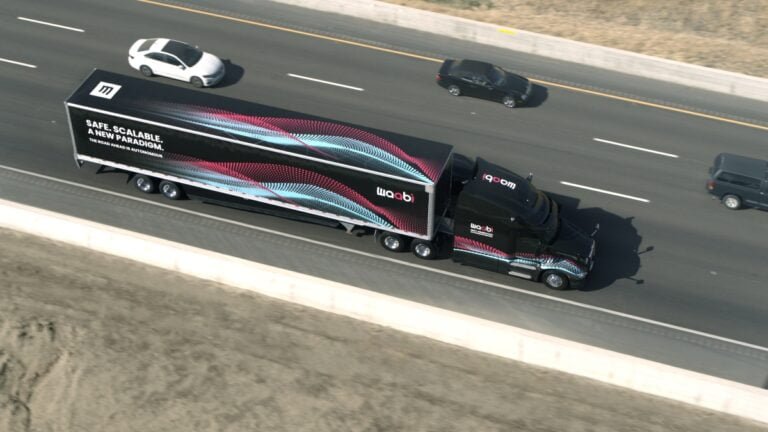
The negotiations between Fisker and a large automaker — reported to be Nissan — over a potential investment and collaboration have been terminated, a development that puts a separate near-term rescue funding effort in danger.
Fisker revealed in a Monday morning regulatory filing that the automaker terminated the negotiations on March 22.
Fisker said in the filing that it will ask the unnamed investor to waive the closing condition.
In February, Fisker laid of 15% of its staff (around 200 people) and last week reported having just $121 million in the bank.
Fisker had held talks with other automakers, including Mazda, but only Nissan recently remained at the table.

The proceeds bring Clerk’s total raised to $55.5 million, and co-founder and CEO Colin Sidoti says that they’ll be put toward expanding Clerk’s service beyond authentication and into authorization — i.e.
Clerk builds developer tools for authentication, offering drop-in components coded in React, the open source frontend JavaScript library.
“Despite authentication and authorization being ubiquitous challenges across every software company, they have been exceptionally slow to become outsourced,” Colin said.
“When you ask developers why, they often highlight that authentication and authorization are too tightly-coupled to the rest of their application to outsource.
The integration is motivated in part by the investment from Stripe, which Colin says marks the beginning of a “strategic partnership” between the two firms.

There is no question that 2023 was a tough year for the venture and tech ecosystem.
Seed valuations have remained steady through 2022 and 2023, yet achieving the necessary traction for these rounds has become more challenging, which can create misaligned expectations for founders.
In 2020–2021, it was relatively common for $3 million to $5 million seed rounds to get done with very little, if any, traction, and they were typically getting done at $12 million to $25 million valuations, depending on the space and the founders’ background.
The bar is much higher to raise an institutional seed round, and a founder/company often needs to prove a lot more in today’s market than they used to.
This dynamic means that many founders have to first raise a pre-seed round to get to those milestones and therefore raise multiple rounds to get to a Series A.

Volvo’s investment in Waabi is a sign that the company recognizes the potential of autonomous trucking as a disruptive technology. Waabi will benefit from Volvo’s experience and network, and the…







